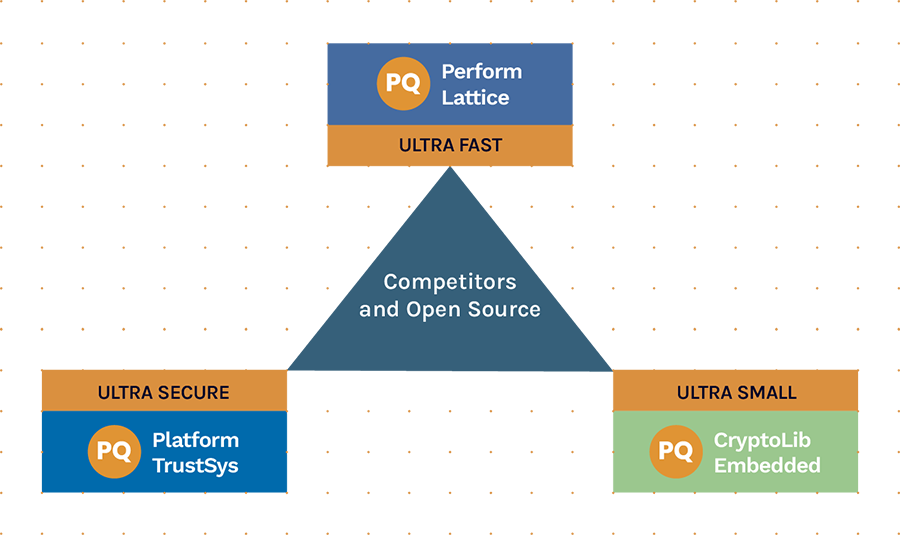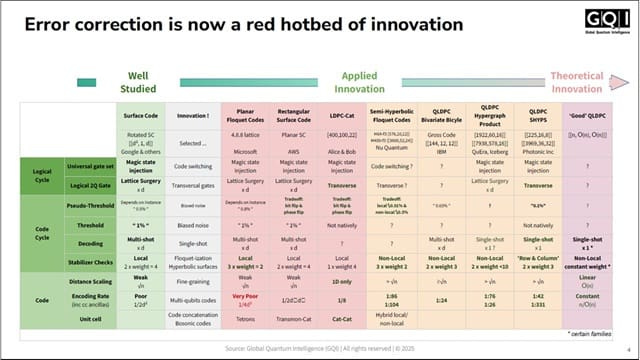Spain €808M, Japan’s 256 Qubits, Pasqal’s 506 Atoms, Chattanooga's Quantum Leap – The Week in Quantum Computing – April 28th 2025
Issue #232
By Sergio Gago The Quantum Dragon
Well well, the #quantumComputing pirate is back. Even with half the crew talking about mutiny to pursue the dragon's gold it seems the freedom of the sea and the quantum ocean had more weight. Here we go! (Thanks Brian for the help last week!)
Quick Recap
Quantum computing had no chill this week. Japan flexed with a 256-qubit machine, Pasqal perfected a 506-atom register, and China continued its quantum cryptology assault. Meanwhile, IonQ and EPB are making Chattanooga the first commercial quantum city, New Mexico is launching a "Quantum Moonshot," and new research is supercharging quantum data pipelines with Picasso. Berkeley Lab is quietly (but loudly) revolutionizing quantum networking and noise reduction. And the one that makes me happier. Spain decided to take quantum seriously and presented their quantum plan. Now we will not just train some or the best scientist out there and send them out in the world. Finally we will also do serious stuff with them at home (just after the siesta).
In short: If you blinked, you missed half the future.
The Week in Quantum Computing
Fujitsu and RIKEN announce 256-qubit superconducting quantum computer
Fujitsu and RIKEN unleashed a 256-qubit machine, quadrupling their previous capacity. Built at the RIKEN RQC-FUJITSU Collaboration Center, this superconducting marvel puts Japan at the frontlines of serious quantum computing.
Pasqal perfects a 506-atom quantum register
Pasqal achieved the creation of a 506-atom quantum register with impressive stability lasting several tens of seconds—an eternity at the quantum scale. This is a big deal for scaling quantum advantage.
China cracks another quantum code barrier
Chinese researchers announced a major breakthrough in quantum cryptology, putting more pressure on classical encryption’s shelf life.
New QPU benchmarking effort highlights quantum vs HPC stability
Scientists from Jülich Research Centre benchmarked 19 QPUs across 5 companies, revealing who’s actually ready for high-performance computing tasks.
PQShield launches UltraPQ-Suite for hardware post-quantum security
PQShield’s new suite, beginning with PQPlatform-TrustSys, delivers quantum-safe Root of Trust systems for ASICs and FPGAs, aligning with emerging global standards.
Agencies double down on quantum use cases for national competitiveness
U.S. leaders are intensifying their focus on quantum tech to strengthen both global influence and alliances. Expect bigger budgets—and even bigger headlines.
Spain Launches First National Quantum Technologies Strategy with €800M Investment
Spain has officially entered the quantum race. Ministers Oscar Lopez and Diana Morant presented Spain’s first Quantum Technologies Strategy 2025-2030 during the OECD Global Technology Forum in Madrid. With a budget of €808 million (potentially reaching €1.5 billion with private investment), the plan strengthens Spain’s quantum ecosystem across computing, communications, and sensing. This initiative aims to prepare Spanish society and industry for a quantum future, betting heavily on disruptive applications like ultra-precise electrical grid management, quantum-secure communications, advanced climate risk simulations, and pharmaceutical discovery. Spain plans to specialize in quantum communications, supporting sovereign digital infrastructure and defending critical sectors like finance and energy. The Strategy outlines four major national goals: boosting R&D transfer to industry, creating a vibrant domestic quantum market, preparing society for post-quantum security and digital rights, and consolidating Spain as an EU quantum leader. Seven priority areas including AI-quantum convergence, quantum cryptography, and quantum sensing have been set. The first tangible step is the establishment of a Quantum Communications Hub, launched with €10 million, linking major research centers like ICFO, UPM, DIPC, and IAC.
Quantum Transformers revolutionize NLP
New methods show quantum-enhanced transformers could meaningfully improve natural language processing capabilities, bringing "sci-fi talk" closer to reality.
Quantum Error Correction: Surface Codes and Beyond
GQI’s latest report explores where QEC stands today—Surface codes are still king, but alternative approaches are brewing in the labs.
Quantum Algorithms: Urgent Call to Action
Hardware races ahead, but without better algorithms, we’ll be driving Ferraris on dirt roads. It’s time to prioritize quantum software innovation.
State of the Global Quantum Industry 2025 released
QED-C’s latest report paints a fast-growing but uneven global quantum ecosystem. If you’re not quantum-ready, you’re not future-ready.
IonQ and EPB establish Chattanooga as Quantum Hub
IonQ and EPB are setting Chattanooga ablaze with quantum ambition, investing $22M to build the first citywide quantum network plus a Forte Enterprise computer. The EPB Quantum Center aims to turn Tennessee into a quantum powerhouse accessible to businesses, researchers, and students alike.
New Mexico's Quantum Moonshot Initiative
Not wanting to be left behind, New Mexico is aiming for the stars—and qubits. The state launched its Quantum Moonshot program, with plans to pour $160M into developing quantum tech through partnerships with Sandia and Los Alamos Labs. The Wild West just got wilder (and weirder).
Picasso Algorithm slashes quantum data prep by 85%
Pacific Northwest National Laboratory dropped Picasso, a quantum data prep algorithm that's faster than your morning coffee kick-in. It reduces setup times by up to 85%, accelerating quantum-classical workflows by leaps and bounds.
Berkeley Lab drives quantum networking and noise reduction
Berkeley Lab’s QUANT-NET project is building a real-world distributed quantum computing network, while their researchers are also taming quantum noise like professional ghostbusters. Faster, cleaner, better quantum—coming soon, courtesy of California.
Want to get involved?
Quantum Pirates out.






